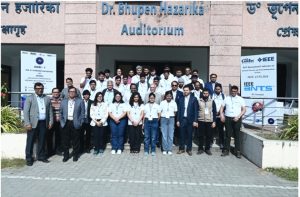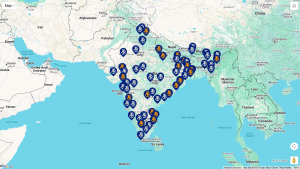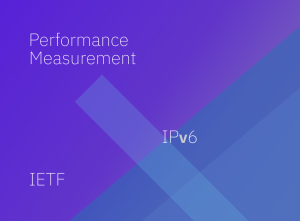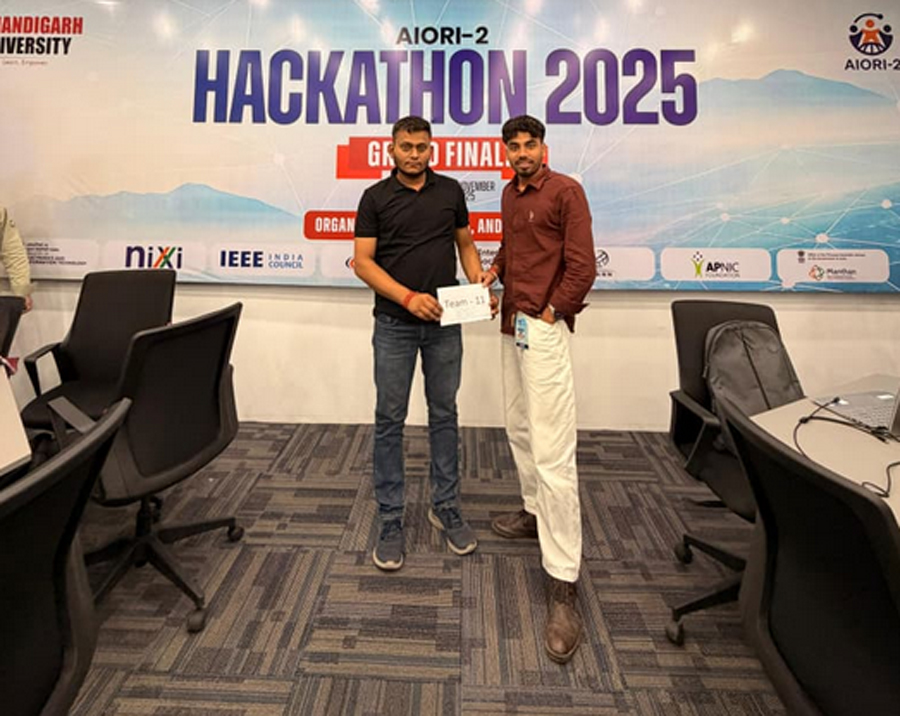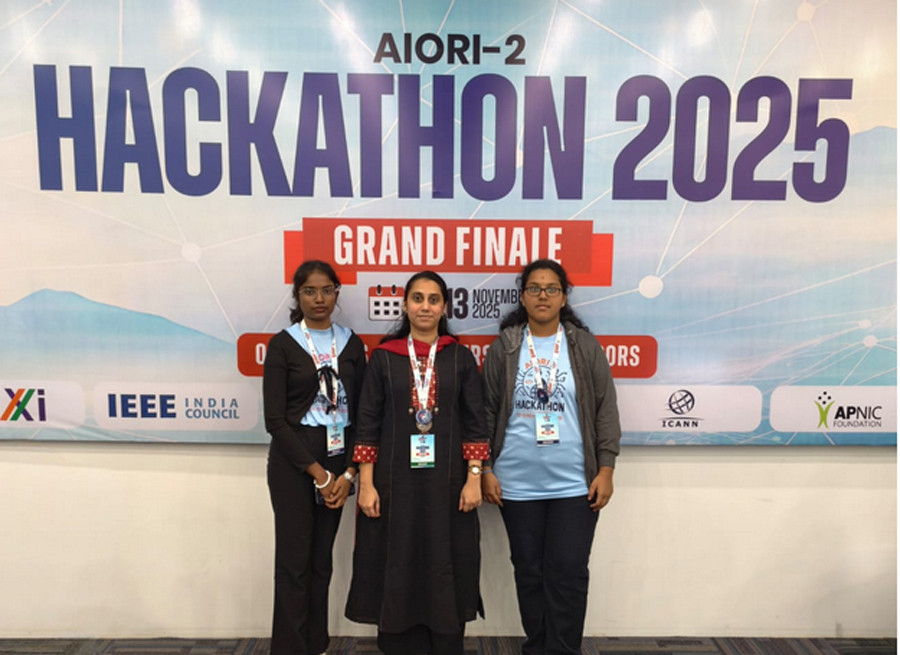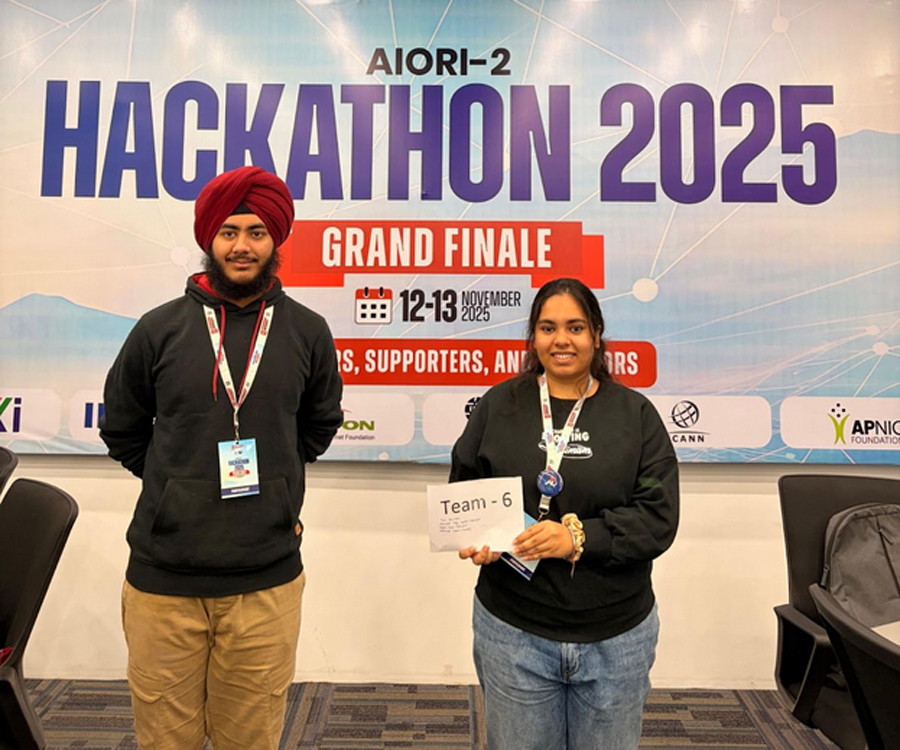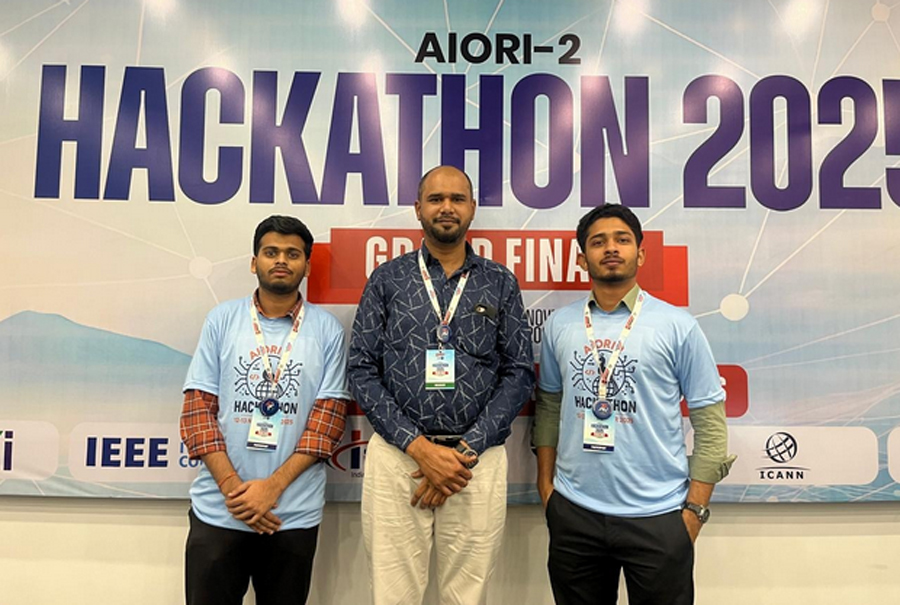Blog
Search
Authors List
Authors
-
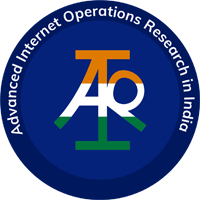
-

I’m a tech entrepreneur and researcher who thrives on pushing boundaries and finding innovative solutions in the ever-evolving digital landscape. Currently, I’m deeply immersed in the fascinating realm of Internet resiliency, harnessing my expertise to ensure a robust and secure online space for all. 🚀
View all posts -
-

I am a researcher working on security, networks, protocols and DNS. I am a quantum computing enthusiast, a fan of Linux and an advocate for Free & Open Source Softwares. #FOSS
View all posts -

A Information Technology Practitioner with leadership experience in IT Public Policy, Corporate Industry Forums, Information Technology Standards, & Program Implementation. An experienced Information Technology trainer, keynote speaker, panelist, leader and key influencer for advocacy and outreach, with wide international exposure across stakeholder groups. Finance Degree from ICAI & ICWAI, India; IT Security Degree from ISACA, USA & Internet Governance Certification from University of Aarhus, Germany & Next Generation Leaders Program of Internet Society in association with DIPLO Foundation.
View all posts -
-

